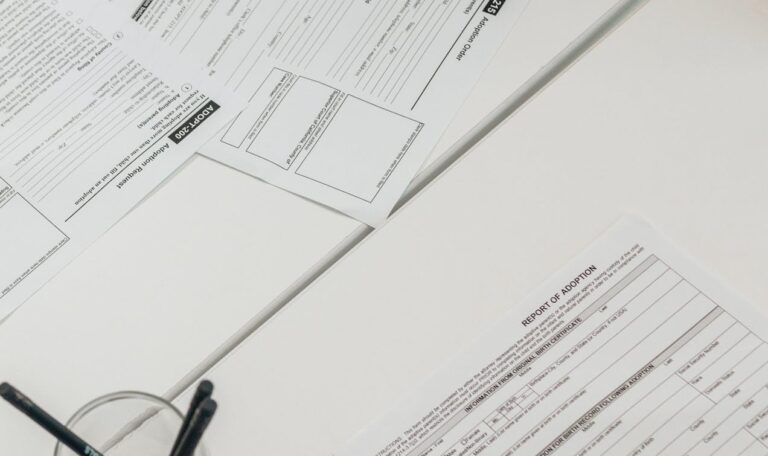Before filing your income tax return in India, the most important factor to assess is your residential status under Indian tax law. Your tax liability on..


Before filing your income tax return in India, the most important factor to assess is your residential status under Indian tax law. Your tax liability on..

Late filing of GST returns not only attracts penalties and interest but also leads to blocked e-way bills, delayed refunds, and even suspension of GST registration. As..

If you’re an Indian resident who owns foreign bank accounts, property, stocks, or business interests, you are required to disclose these foreign assets in your income..

Receiving a notice from the Income Tax Department can be stressful, but most notices are routine and manageable if handled correctly. Whether it’s for missing documents,..

Banks in India deduct Tax Deducted at Source (TDS) on interest income earned from fixed deposits, recurring deposits, or savings interest (in some cases). If your..

If your total tax liability exceeds ₹10,000 in a financial year, you are legally required to pay advance tax. Instead of waiting for year-end, the Income Tax..

In India, your residential status determines whether your global income or only Indian income is taxable. It is based not on citizenship or visa, but on..

Under the Income Tax Act, 1961, certain taxpayers must get their accounts audited by a Chartered Accountant and submit a Tax Audit Report. This audit requirement,..

The Presumptive Taxation Scheme (PTS) under the Income Tax Act, 1961 is a major relief for small businesses, professionals, and freelancers who want to avoid complex..

Section 80C of the Income Tax Act, 1961 is the most commonly used tax-saving section by individual taxpayers in India. It allows deductions up to ₹1.5..